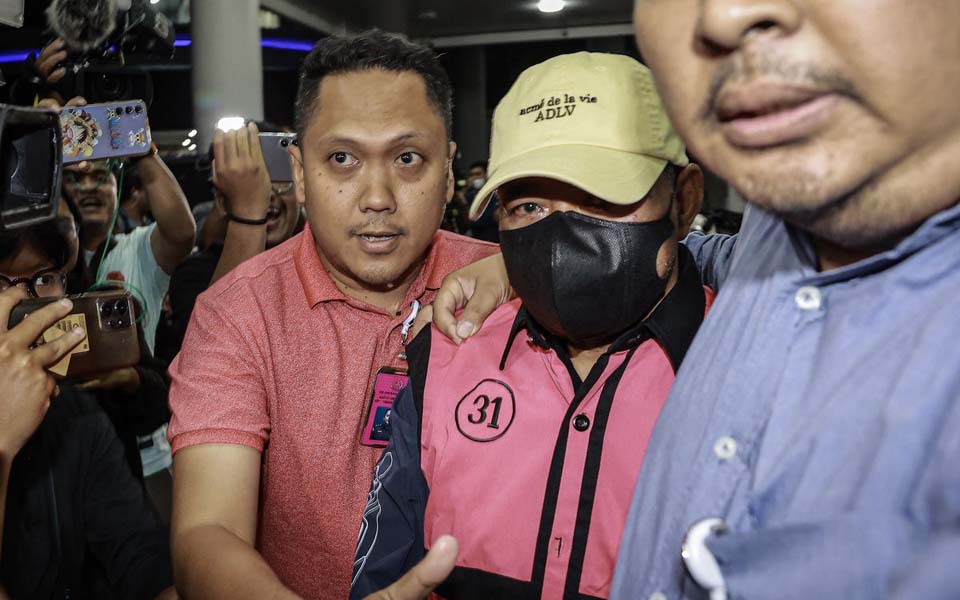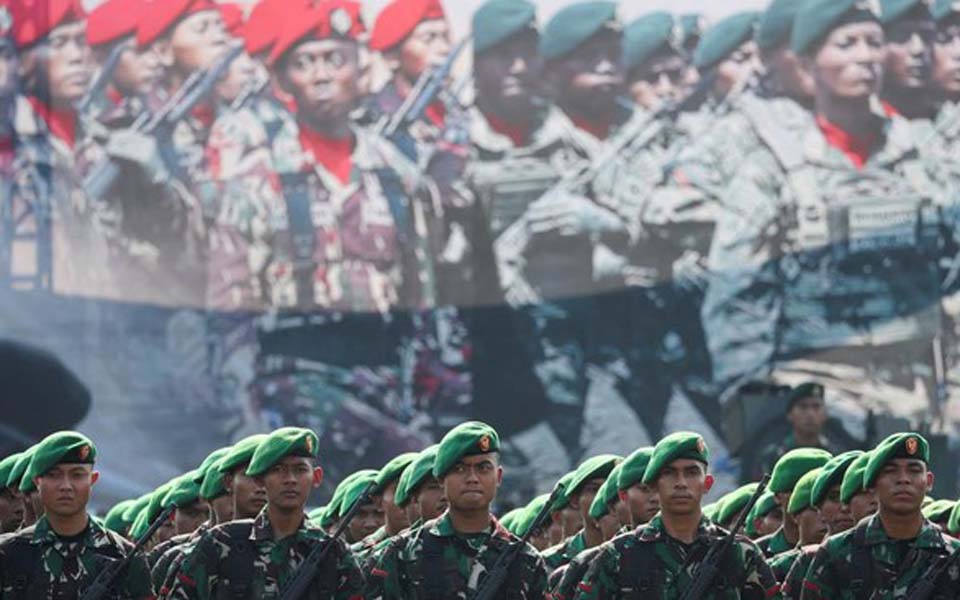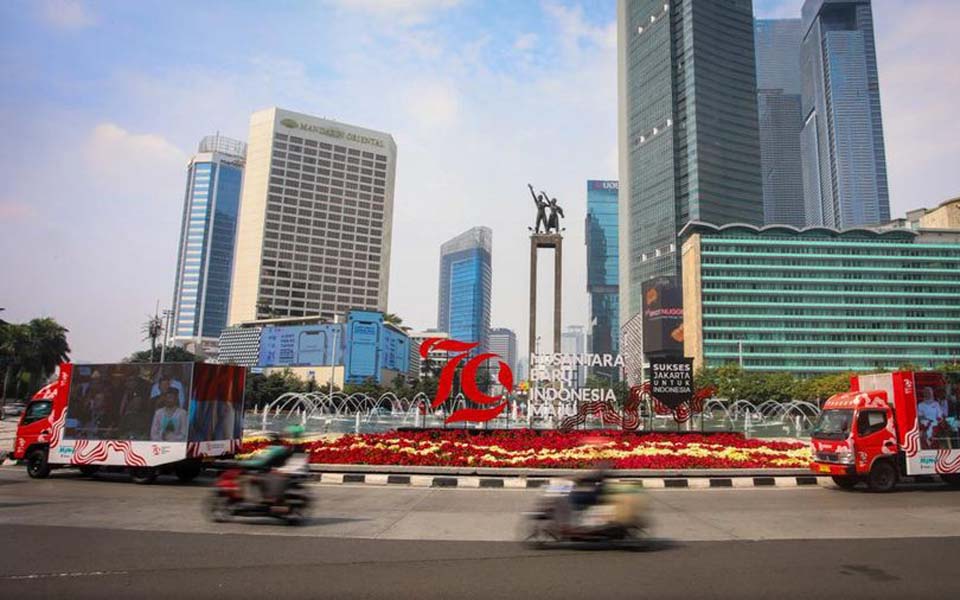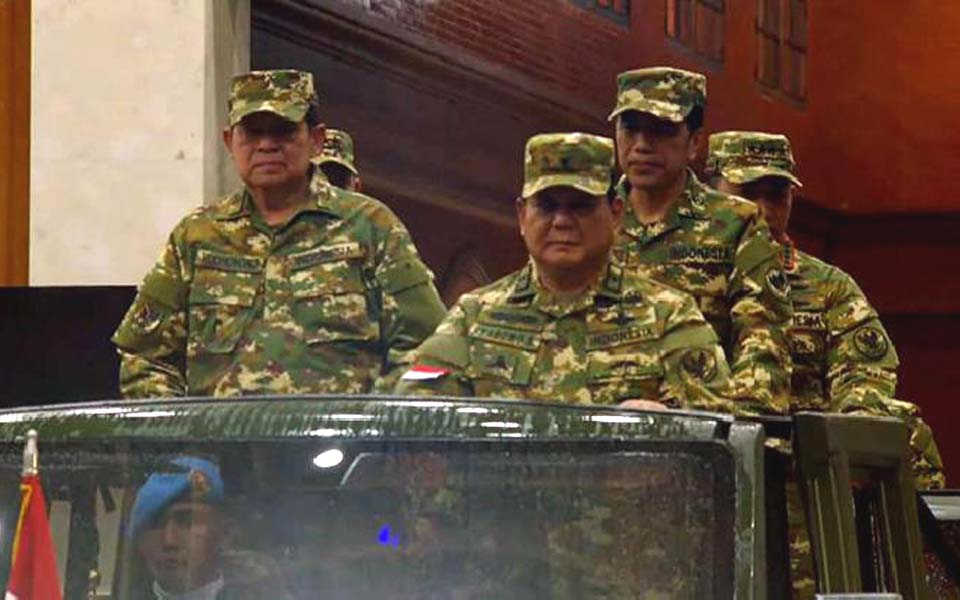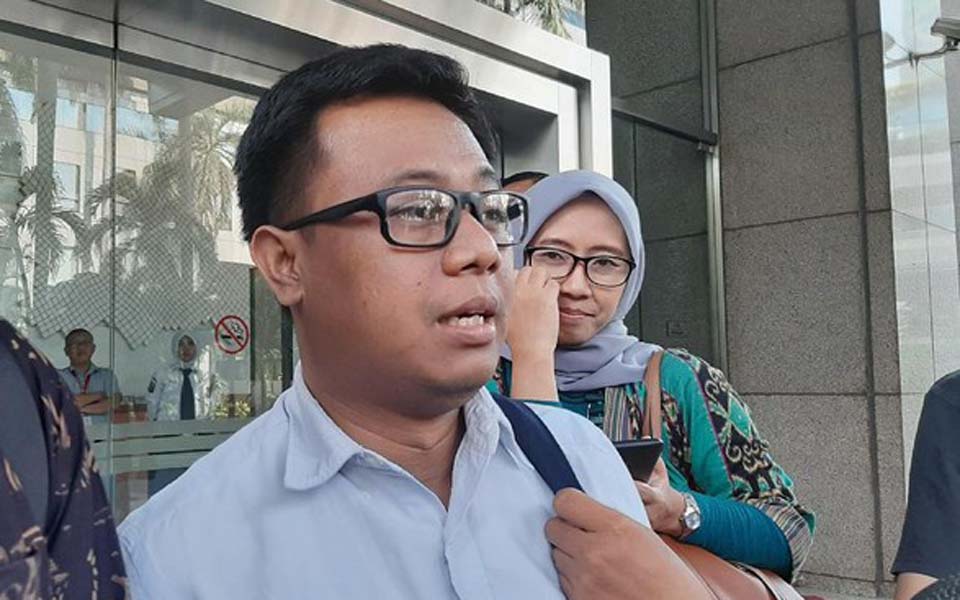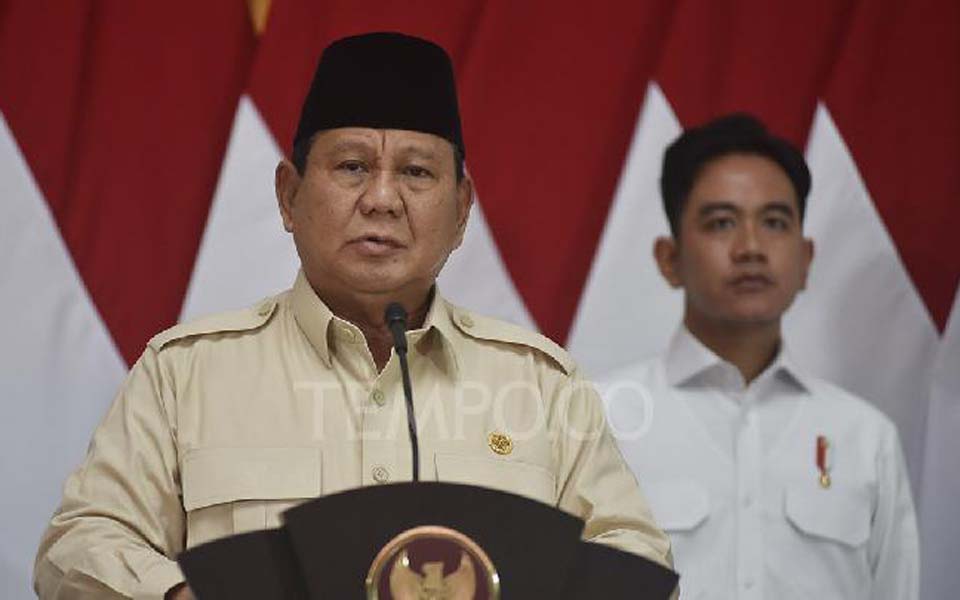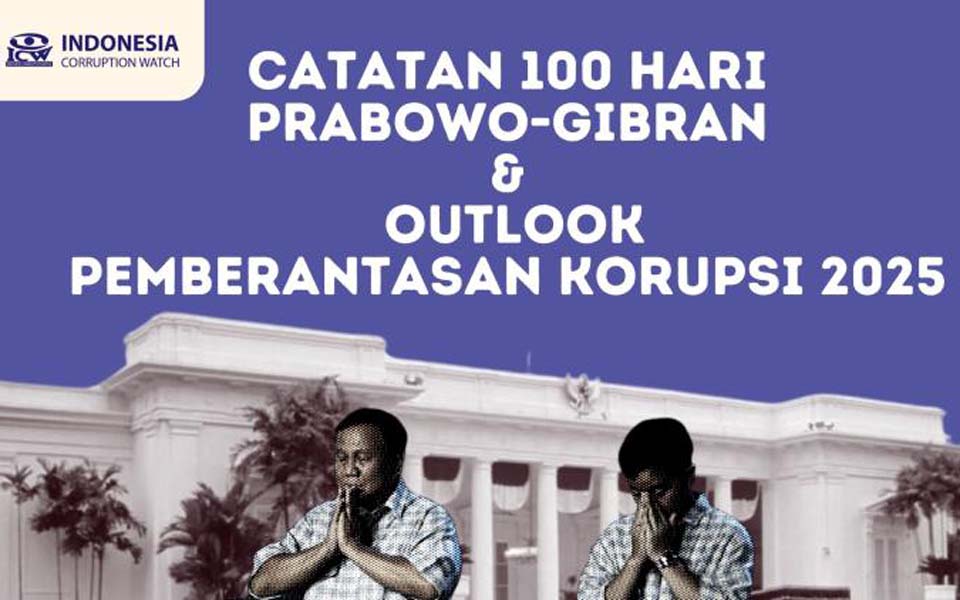Jakarta – Prospective presidential candidates who are involved in cases of corruption, collusion and nepotism (KKN), as well as those who have been involved in violations of human rights will not get support from the public. This was reflected in a survey which was carried out by the Institute for Social and Economic Research, Education and Information (LP3ES), which was presented to the press in Jakarta on Monday night, October 20.
The survey involved 1250 respondents from three cities in Java and seven cities outside of Java. The data was obtained by contacting respondents by telephone with an error margin of around three per cent and a reliability level of 95 per cent.
The survey reveled that the majority of people who own telephones in 10 major cities asserted that in the 2004 elections, presidential candidates who have been involved in KKN (98 per cent), have perpetrated criminal acts (97 per cent), been involved in money politics (96 per cent), have perpetrated human rights violations (96 per cent) or are supported by forces of the New Order [regime of former President Suharto] (64 per cent), are not acceptable.
The division head of the Centre for Study of Development and Democracy (CESDA) LP3ES, Naning Mardiniah, said that this view is consistent with statements by people who said they would reject a president elected in the 2004 general elections if for example they are linked to KKN (66 per cent), had perpetrated human rights violations (66 per cent), had committed a criminal act (72 per cent) and been involved in money politics (70 per cent).
But in relation to having support from New Order forces, society was divided, with 50 per cent rejecting it, but with 48 per cent saying they would be forced to accept it. “The majority of society actually has a problem with support from New Order forces with regard to an elected president”, said Naning.
Economic recovery
The survey revealed that only a few names are believed to be capable of implementing economic recovery, they are [Coordinating Minister for Politics and Security] Susilo Bambang Yudhoyono (63 per cent), [Yogyakarta] Sultan Hamengku Buwono X (60 per cent) and [Minister for Justice and Human Rights] Yusril Ihza Mahendra (68 per cent). These three figures have a commitment to wipe out KKN and to democracy, along with siding with the interests of ordinary people.
CESDA researcher Rahadi Wiratama, revealed that based on the net margin, by reducing “yes” and “no” answers, [former state ruling party Golkar chairperson] Akbar Tandjung, [former President] Abdurrahman Wahid and [President] Megawati Sukarnoputri obtained a negative score in their commitment [to deal with] these five strategic issues. “In a number of surveys, the tendency appears to be that Megawati’s popularity is declining”, said Naning.
The survey also revealed that society does not have a problem with a presidential candidate’s background, whether or not they come from a civilian or military background. (wis)
[Translated by James Balowski.]





